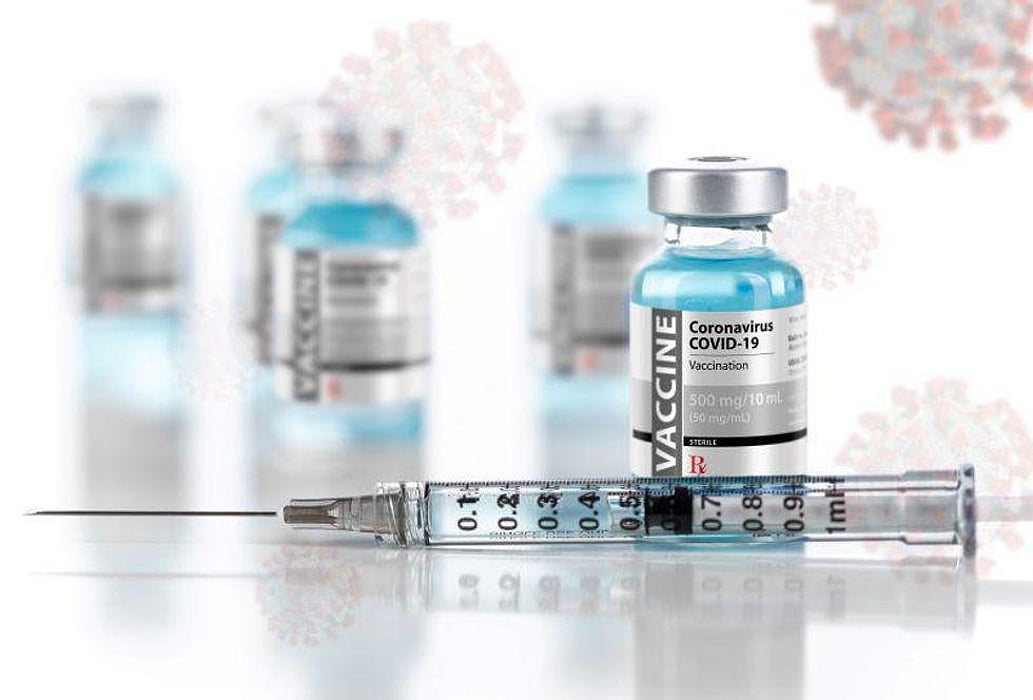Vaccine Makers Already Testing Their Shots Against Omicron Variant

MONDAY, Nov. 29, 2021 (HealthDay News) -- As concerns about the new omicron variant grow, vaccine makers say they are already working on ways to protect people against the potential new threat.
Pfizer said it and its partner BioNTech could develop and produce a "tailor-made vaccine" in about 100 days if a "vaccine-escape" variant emerges, NBC News reported.
Meanwhile, Moderna said it was employing a three-pronged strategy against the omicron variant. "From the beginning, we have said that as we seek to defeat the pandemic, it is imperative that we are proactive as the virus evolves. The mutations in the omicron variant are concerning and for several days, we have been moving as fast as possible to execute our strategy to address this variant," Moderna CEO Stéphane Bancel said in a statement.
"We have three lines of defense that we are advancing in parallel: we have already evaluated a higher dose booster of mRNA-1273 [100 µg], second, we are already studying two multi-valent booster candidates in the clinic that were designed to anticipate mutations such as those that have emerged in the omicron variant and data is expected in the coming weeks, and third, we are rapidly advancing a omicron-specific booster candidate [mRNA-1273.529]," Bancel added.
So far, existing vaccines have proven effective against prior coronavirus variants, including the delta variant, but it is wise to be preparing for updated vaccines, said Deepti Gurdasani, M.D., clinical epidemiologist at Queen Mary University of London. It is also important to try to contain the new variant's spread.
"It’s possible that Pfizer might come up with this vaccine in three or four months' time and by the time it becomes available, there's a new globally dominant variant," Gurdasani told NBC News. "So, vaccine development and re-engineering has to go hand in hand with efforts to contain transmission, which is the only way that we’re going to be able to get on top of the virus adaptation."
Related Posts
Aumentan los suicidios por sobredosis de drogas entre los estadounidenses jóvenes y los mayores
MIÉRCOLES, 2 de febrero de 2022 (HealthDay News) -- Los suicidios por sobredosis...
Why Are Sports-Linked Concussions Rising Among Girls?
WEDNESDAY, Sept. 1, 2021 (HealthDay News) -- Sports-related head injuries in...
¿Las caminatas en el parque podrían proteger de la depresión postparto?
JUEVES, 9 de marzo de 2023 (HealthDay News) -- Las nuevas mamás que viven en...
Combustible Tobacco Use Tied to Adverse Oral Health Outcomes
TUESDAY, Dec. 20, 2022 (HealthDay News) -- Tobacco product use is associated...
